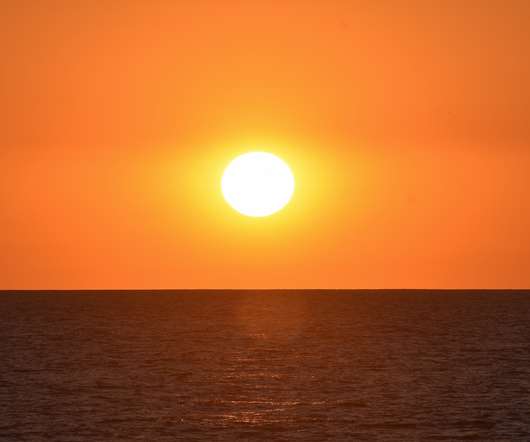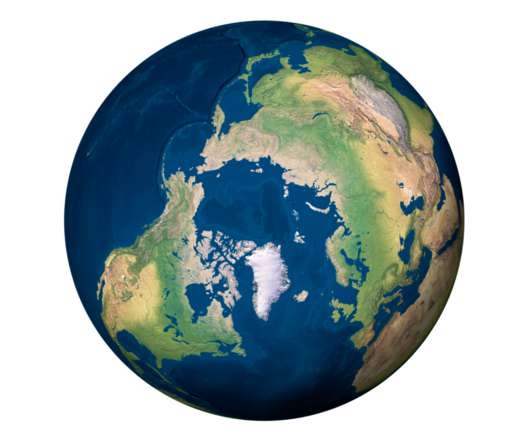The world’s oceans broke a heat record … again
Grist
JANUARY 13, 2023
A study published Wednesday in Advances in Atmospheric Sciences found the level of heat contained in the sea reached its highest level since record keeping began in 1958. Oceans, which cover more than 70 percent of the planet’s surface, absorb the majority of the solar energy that reaches Earth as sunlight.















Let's personalize your content